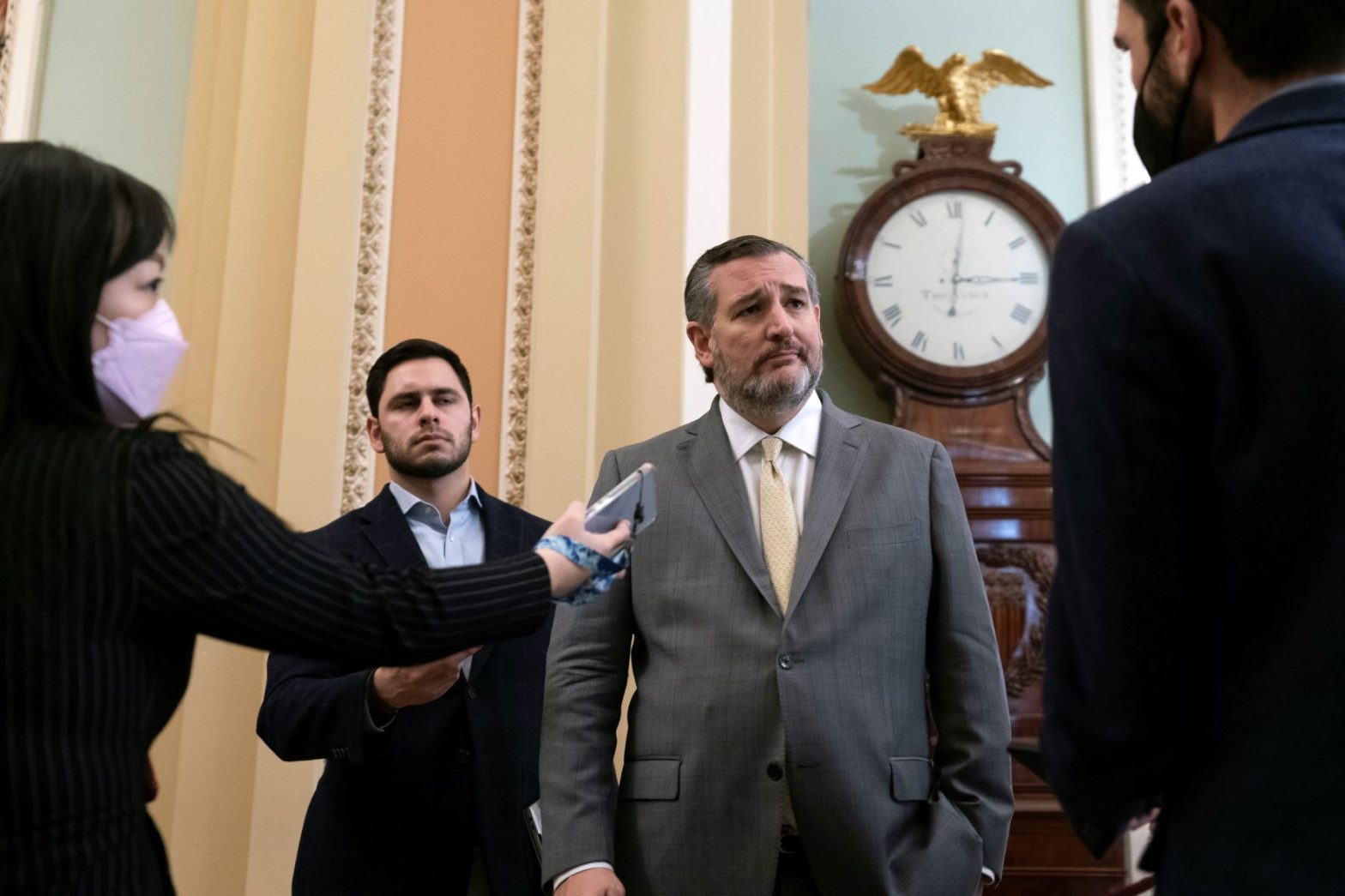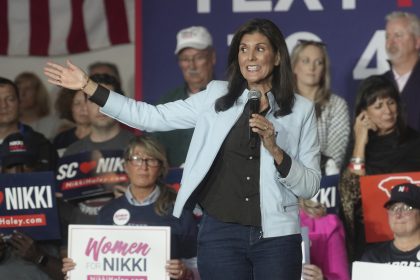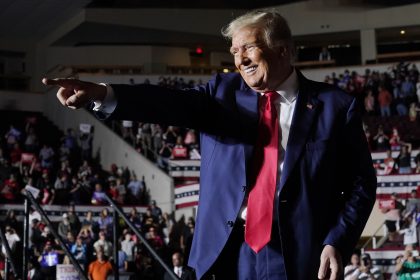Supreme Court to Weigh In on Ted Cruz Campaign Loan

WASHINGTON — The Supreme Court on Wednesday will consider whether a Federal Election Commission limit on the amount campaigns can use of post-election contributions to repay debts they owe to the candidates themselves violates the free speech clause of the First Amendment.
The case stems from the 2018 senatorial contest that incumbent Sen. Ted Cruz, R-Texas, narrowly won over his Democratic challenger Beto O’Rourke.
In the end, by Texas standards, it was a squeaker, with Cruz winning by just 219,000 votes or about 2.6 percentage points.
On Nov. 5, 2018, the day before Election Day, Cruz loaned Ted Cruz for Senate, his campaign committee, two loans totalling $260,000.
Following the election, the Cruz committee used the funds it had on hand to pay vendors and meet other obligations instead of repaying the loans made by the senator.
The Bipartisan Campaign Reform Act places a $250,000 limit on the amount of post-election contributions that can be used to pay back a candidate’s pre-election loans more than 20 days after Election Day.
But the Cruz campaign waited more than 20 days to get to Cruz’s loans, only getting around to them in early December 2018.
Because the 20 days had elapsed, the campaign repaid Cruz just $250,000; the amount of the loans that still exceeded the statutory cap — $10,000 — was converted into a campaign contribution.
The Ted Cruz for Senate committee sued the FEC to invalidate the conversion and to enjoin the agency from enforcing the relevant section of the Bipartisan Campaign Reform Act. In doing so, it argued the restrictions created by the act violated both constitutional and administrative laws.
In court filings, Cruz’s lawyers argued that as written, the law deters candidates from loaning money to their campaigns by restricting their ability to get it back.
“To be sure, the loans may still be repaid in full with funds raised prior to the election, but there can be no question that Section 304’s limit — by substantially increasing the risk that any candidate loan will never be fully repaid — forces a candidate to think twice before making those loans in the first place,” they wrote.
In June, a three-judge panel of the D.C. Circuit Court of Appeals ruled for Cruz, finding that the restrictions place a burden on political speech without adequate justification.
But the FEC maintains the campaign should have repaid the loans with the ample cash it had on hand prior to the expiration of the 20-day deadline.
Cruz then petitioned the Supreme Court to either affirm the lower court ruling or dismiss the case.
If the justices affirm the lower court’s rulings in favor of Cruz, many campaign finance watchdogs contend it will mark a significant milestone — the striking down of campaign spending limits under the First Amendment.
The lawsuit isn’t the first time Cruz has run into trouble with campaign finance law.
In 2019, the FEC fined his 2012 Senate campaign $35,000 for improperly disclosing $1.1 million dollars in loans from big banks, including Goldman Sachs and Citibank.
The legal challenge is also only the last chapter in litigation stemming from the passage of the Bipartisan Campaign Reform Act, also known as the McCain-Feingold Act, for its chief senate sponsors, Russ Feingold and John McCain.
McCain-Feingold amended the Federal Election Campaign Act of 1971, which regulates the financing of political campaigns.
Its chief goal was to prevent national political party committees from raising or spending any funds not subject to federal limits, even for state and local races or issue discussions; and to reign in those individuals and entities who were using spending on issue advocacy ads before an election to skirt existing campaign finance laws.
Several lawsuits followed, the most important case being Citizens United v. Federal Election Commission. In January 2010, after hearing oral arguments in the case, the Supreme Court struck sections of McCain-Feingold down that limited activity of corporations, saying, “If the First Amendment has any force, it prohibits Congress from fining or jailing citizens, or associations of citizens, for simply engaging in political speech.”
Specifically, Citizens United struck down campaign financing laws related to corporations and unions, laws that previously banned the broadcast, cable or satellite transmission of “electioneering communications” paid for by corporations in the 30 days before a presidential primary and in the 60 days before the general election.
The ruling did not in any way alter the amount of money corporations and unions can contribute to campaigns.
Dan can be reached at [email protected] and at https://twitter.com/DanMcCue
























